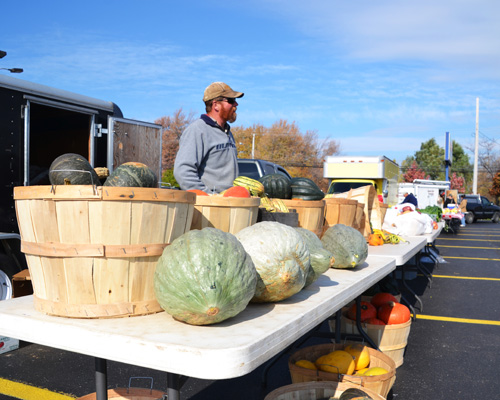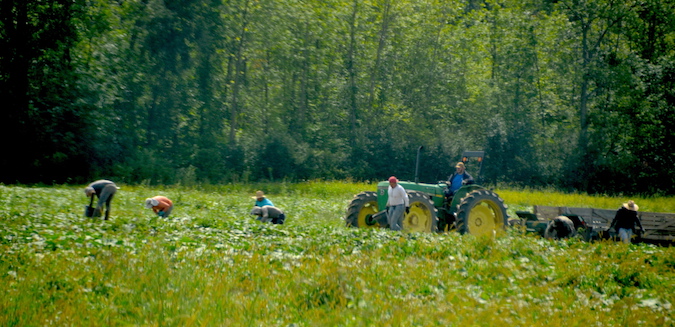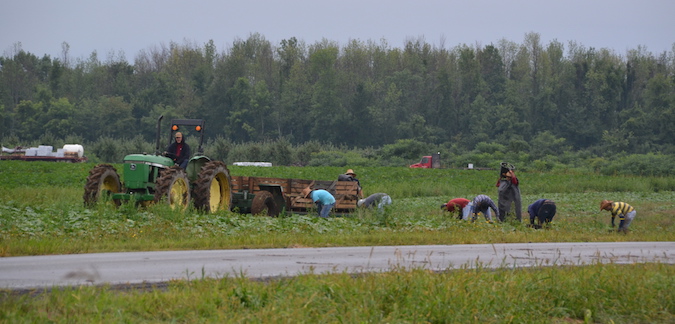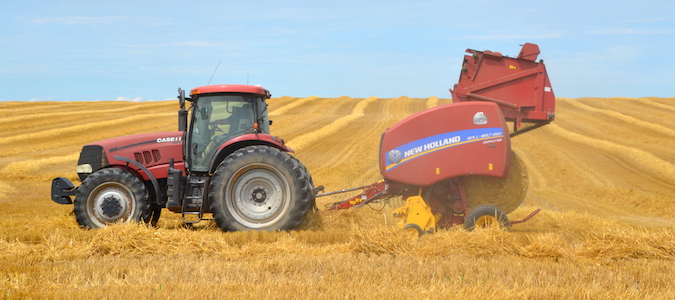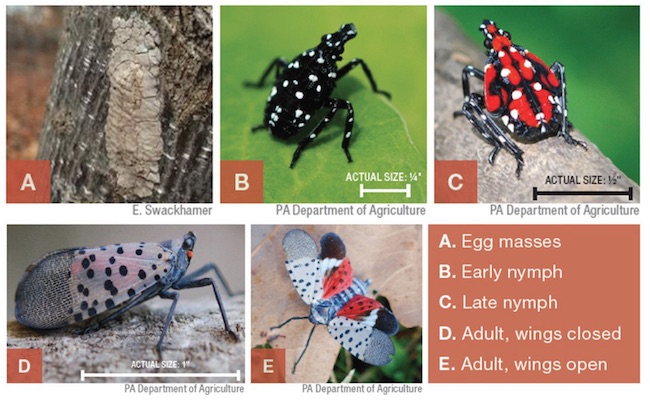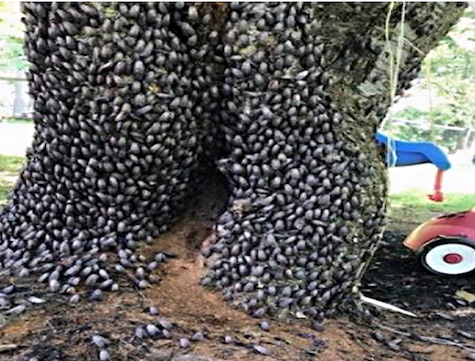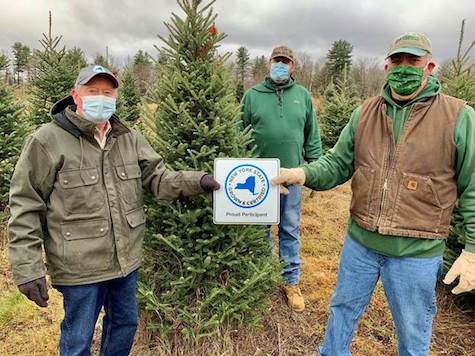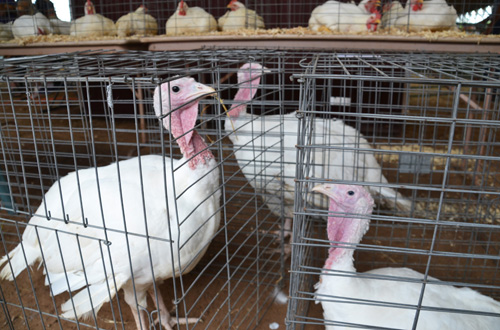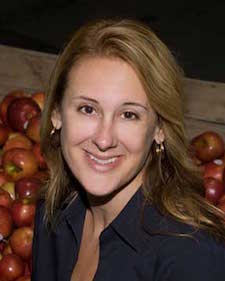State approves $25 million more to continue Nourish NY through July
Press Release, Gov. Andrew Cuomo’s Office
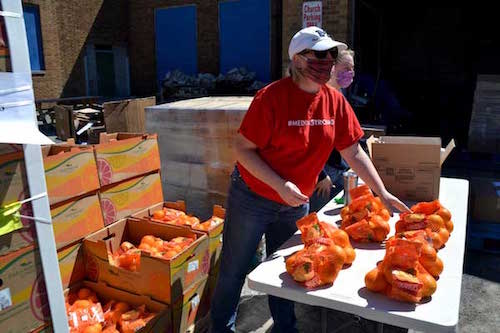
Photo by Tom Rivers: Heather Smith, director of the Orleans Community Health Foundation, volunteered at a food distribution in Medina on June 12.
Governor Andrew M. Cuomo today announced an additional $25 million has been directed to New York’s network of food banks and emergency food providers to support the Nourish New York program through July 2021.
Since the Governor launched Nourish NY at the height of the Covid-19 pandemic in April 2020, 21 million pounds of surplus agricultural products have been purchased from New York farmers and delivered to more than 1.3 million households in need across New York State.
Purchasing and food distribution using this third round of funding – which was first announced during the Governor’s 2021 State of the State Address – are currently underway. Since the launch of Nourish NY, a total of $60 million has been invested in the program.
“New York is on the path to recovery from the pandemic, but there is a continued need to assist families and our farmers across the state who are still struggling,” Governor Cuomo said. “Since its launch last spring, the Nourish New York initiative has had incredible success in connecting our agricultural producers with food banks in every corner of the state to bring fresh local foods to families in need.”
The Nourish New York program provides funds to New York’s food banks and emergency food providers, who then purchase agricultural products from New York farmers and dairy manufacturers and deliver the food to families in need.
Emergency food providers can use Nourish New York funds to:
- Set up food-drive through events/giveaways;
- Distribute dairy vouchers that can be redeemed in grocery stores for products like cheese, yogurt, milk, sour cream, and butter, throughout the state, and/or;
- Purchase products directly from New York dairy/food manufacturers for their feeding programs.
Due to the Covid-19 pandemic, farmers experienced a drastic supply chain shift, which resulted in the loss of markets and income and in the waste of fresh surplus foods, particularly fluid milk. Simultaneously, the demand for food through emergency food providers escalated across the state. Seeing the opportunity to feed residents and aid farmers, the Governor launched the Nourish New York initiative. This initiative provided $25 million in funding for the first round and $10 million in the second round of the program for the purchase of foods grown, raised, or processed in New York State and has served as an important alternative revenue stream for farmers and dairy processors during the pandemic. More than 4,150 farms have been impacted through the program.
State Agriculture Commissioner Richard A. Ball said, “Over the last 10 months, the Nourish New York program has helped feed more than one million families with nutritious dairy, fruits and vegetables, and so much more, and helped make sure our farmers had a market for their products.”
New York Farm Bureau President David Fisher said, “This additional funding for Nourish NY is good news for many farmers and low-income people who are still dealing with fallout from the pandemic. The program has coordinated a pathway to move food from farms to food banks in every region of the state, compensating farmers for their products and reducing food waste at the same time. It has proven to be a lifeline for people in need, and we thank Governor Cuomo for continuing the program.”



















